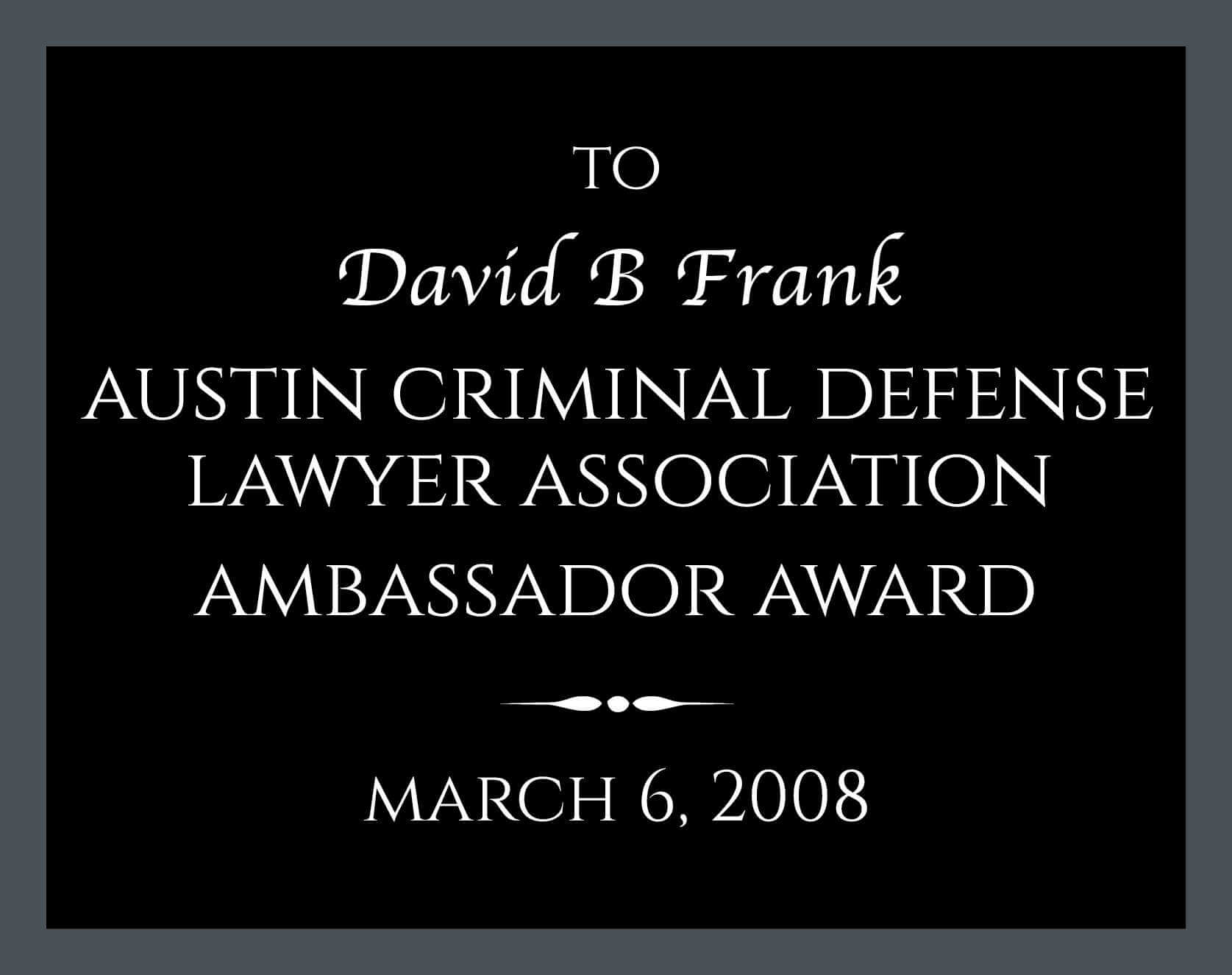On Wednesday, lawyers will argue McCoy v. Louisiana before the United States Supreme Court. The question before the court, which will decide if Mr. McCoy should get a new trial, is whether it is unconstitutional for a lawyer to concede a client’s guilt against the client’s wishes.
This was a difficult case. Robert McCoy was charged with murdering three people including his mother-in-law, her husband, and a 17 year old boy. When McCoy was stopped by the police, they found the gun that was used under a seat in his vehicle. Prior to the homicide, one of the victims placed a cell phone call to 911 and identified McCoy by first name before the gun was fired. That same cell phone was found in McCoy’s vehicle. Finally, the police saw McCoy’s vehicle leaving the scene. Pretty bad facts for the defense.
McCoy told his lawyer he was innocent. He wanted his lawyer to argue that he was out of town at the time of the murders and was framed by the police. His lawyer disagreed and felt that his client’s story was insupportable and was sure to lead to the death penalty.
According to the appeal brief, the trial lawyer readily conceded McCoy’s guilt in opening statement. During trial, the lawyer failed to call any witnesses to attest to any other view of the facts than those presented by the prosecution. When McCoy, took the stand, the lawyer cross-examined him, attempting to reveal inconsistencies in McCoy’s testimony. During his closing argument, the lawyer reiterated that McCoy was the killer in this case.
Hoping to win some sympathy and possibly a life sentence, the lawyer argued that McCoy was “crazy”. McCoy vigorously disagreed with his lawyer’s strategy. Going against his client’s instructions, the lawyer told the jury, “I’m telling you, Mr. McCoy committed these crimes.” McCoy objected during the trial and tried to have his lawyer removed. McCoy was found guilty and sentenced to death. Astonishingly, the Louisiana Supreme Court declined to find the lawyer’s conduct presumptively prejudicial and affirmed the conviction and sentence.
Within the bounds of ethics and the law, a criminal defense attorney is compelled to honor the wishes of his client even if the lawyer strenuously disagrees. Part of a lawyer’s duty is to provide guidance by trying to predict outcomes based on experience. If a client chooses to ignore counsel’s advice and pursue a different strategy, that is the client’s right. There might be good reason. A client may wish to forgo a legal defense because asserting the defense requires admitting the conduct that the client has denied. Counsel can never predict with certainty the results at trial. A jury may demand certainty that the prosecution cannot provide. What might seem like an impossible set of facts at the start may turn out to only support a lesser included offense. The State’s witnesses may come off poorly. New evidence may come to light. The jury may simply see the conduct as shared or de minimis. Similarly, pleading guilty may not engender the heart-warming charitable results that counsel expects. There are certainly times when accepting responsibility makes sense but only with the fully informed and voluntary consent of the client. The Supreme Court should reverse McCoy’s conviction and allow him to retry his case.



Leave a Reply